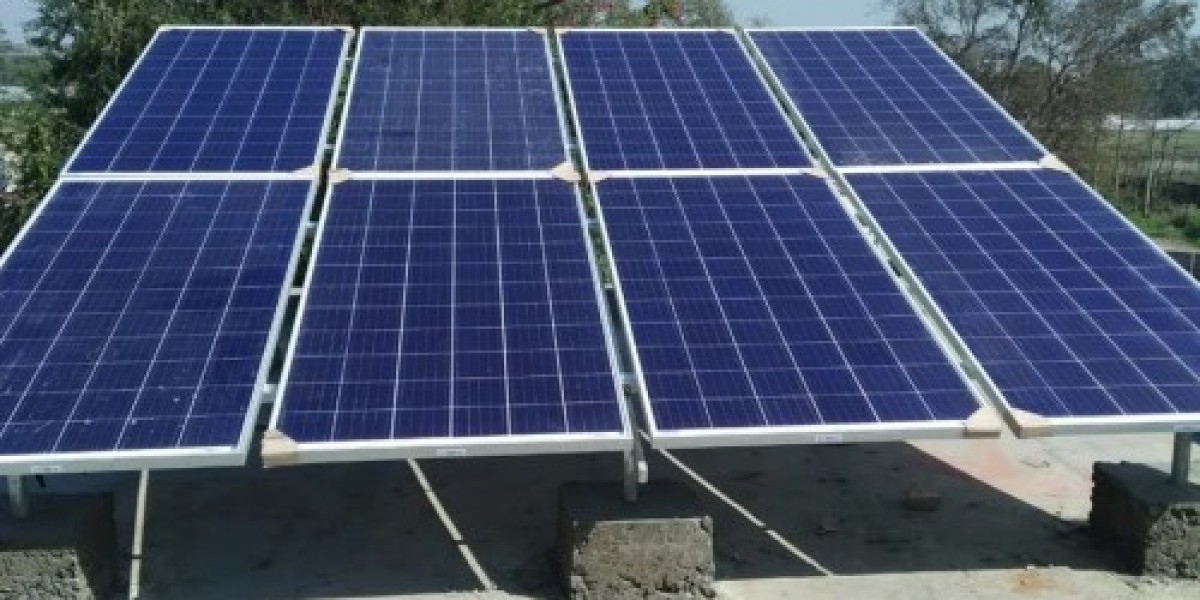Choosing the right solar system for your home is an important decision that depends on various factors. Here are some steps to help you make an informed choice:
Determine Your Energy Needs
Start by understanding your household's energy consumption. Review your past electricity bills to get an idea of how much energy you use each month.
Set Your Budget:
Decide how much you're willing to invest in a solar system. Consider the long-term savings and any available financial incentives, tax credits, or rebates in your area.
Assess Your Location:
Evaluate your geographical location, climate, and the amount of sunlight your area receives. Solar panel efficiency varies by location, so the amount of sunlight matters.
Choose the Right Type of Solar Panels:
There are different types of solar panels available, including monocrystalline, polycrystalline, and thin-film. Research these options to determine which suits your needs and budget.
Select a Reputable Installer:
Find a trustworthy and experienced solar panel installation company. Read reviews, ask for recommendations, and check their certifications.
Consider the Inverter:
Decide on the type of inverter to use. String inverters are common, but microinverters and power optimizers may be better if your panels will be partially shaded.
Evaluate the Mounting System:
Determine whether your solar panels will be mounted on your roof or on the ground. The mounting system should be sturdy and positioned to maximize sunlight exposure.
Battery Storage (Optional):
Consider whether you want to install a battery storage system. Batteries can store excess energy for use during the night or on cloudy days.
Grid Connection and Net Metering:
Check if you can connect your solar system to the electrical grid. Net metering allows you to sell excess energy back to the grid or draw power when your solar panels are not producing enough.
Research Local Incentives:
Investigate any incentives, tax credits, or rebates offered by your local government or utility companies. These can significantly reduce the cost of your solar installation.
Get Multiple Quotes:
Don't hesitate to get quotes from multiple solar installers. This will help you compare prices, equipment, and services to find the best fit for your needs.
Warranty and Maintenance:
Examine the warranties offered on the solar panels, inverters, and installation work. Also, inquire about maintenance requirements and costs.
Environmental Considerations:
If environmental impact is important to you, consider the sustainability of the solar panels and the company's commitment to eco-friendly practices.
Review the Contract:
Carefully read and understand the contract before signing. Ensure it includes all details about costs, equipment, warranties, and the installation timeline.
Plan for the Future:
Consider your long-term plans for your home. Will your energy needs change? Is your solar system designed to be expandable or adaptable to future requirements?
By following these steps and conducting thorough research, you can choose the right solar system for your home that aligns with your energy needs, budget, and environmental considerations.








